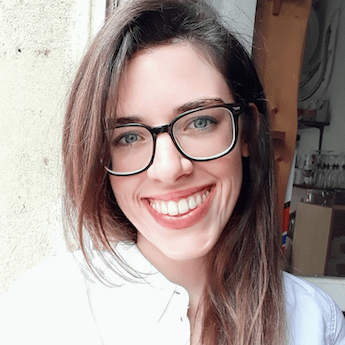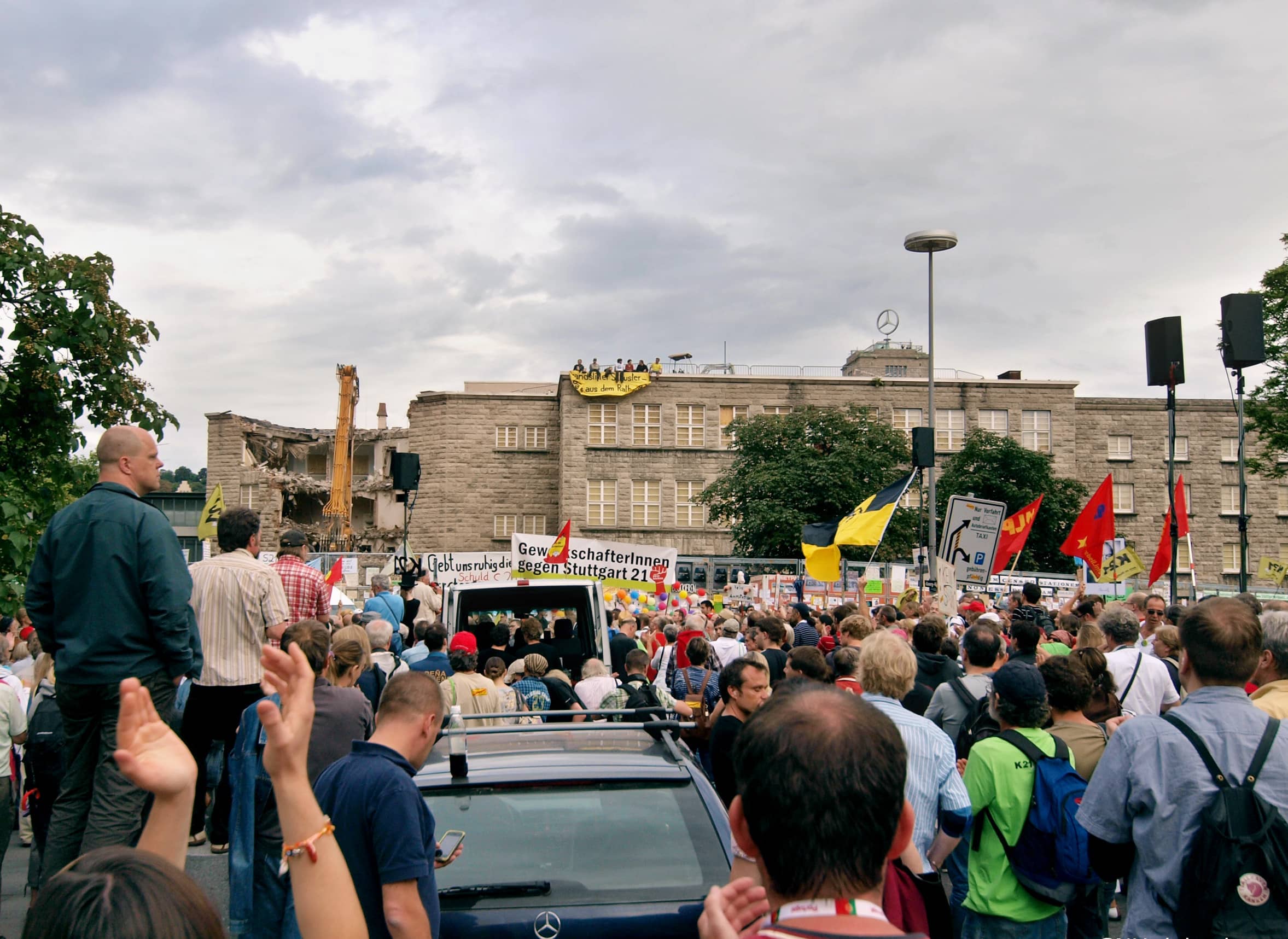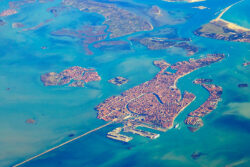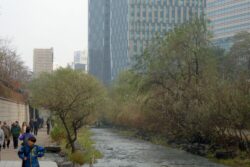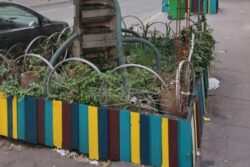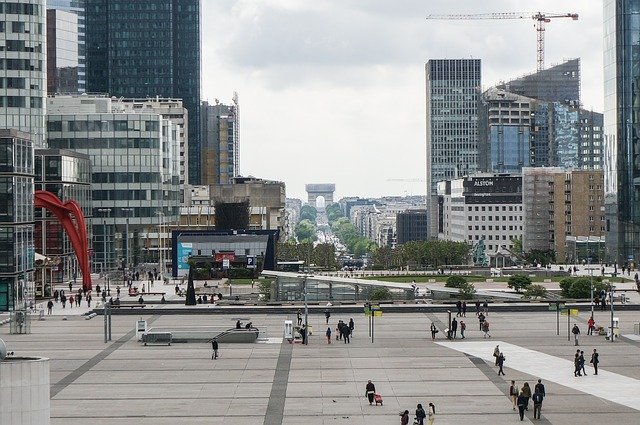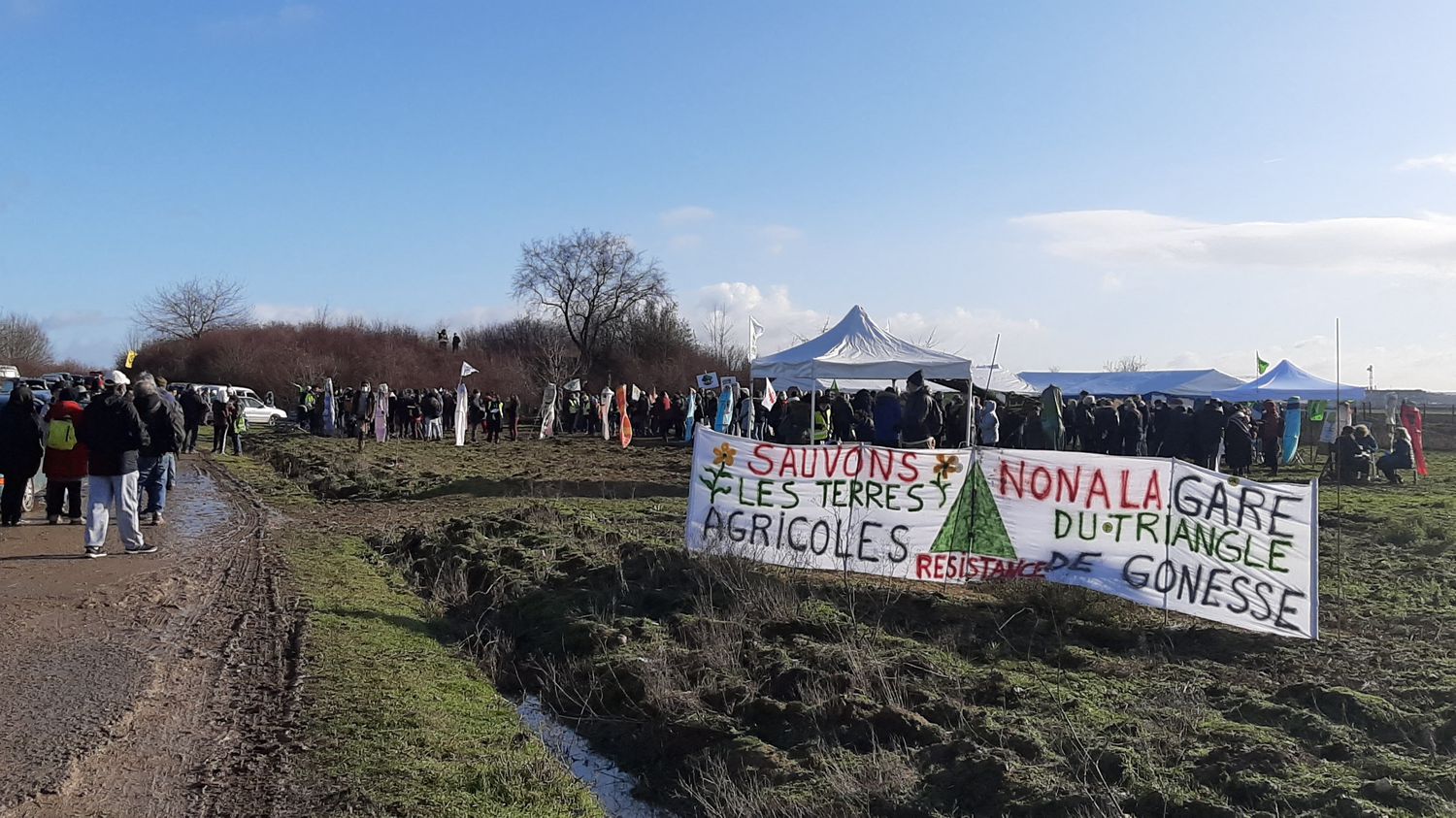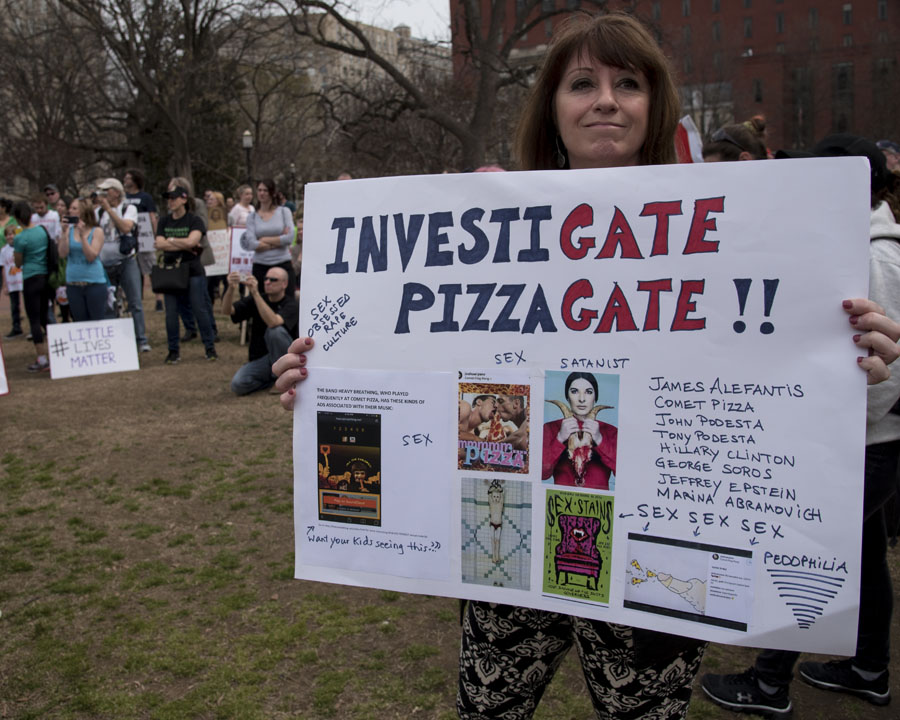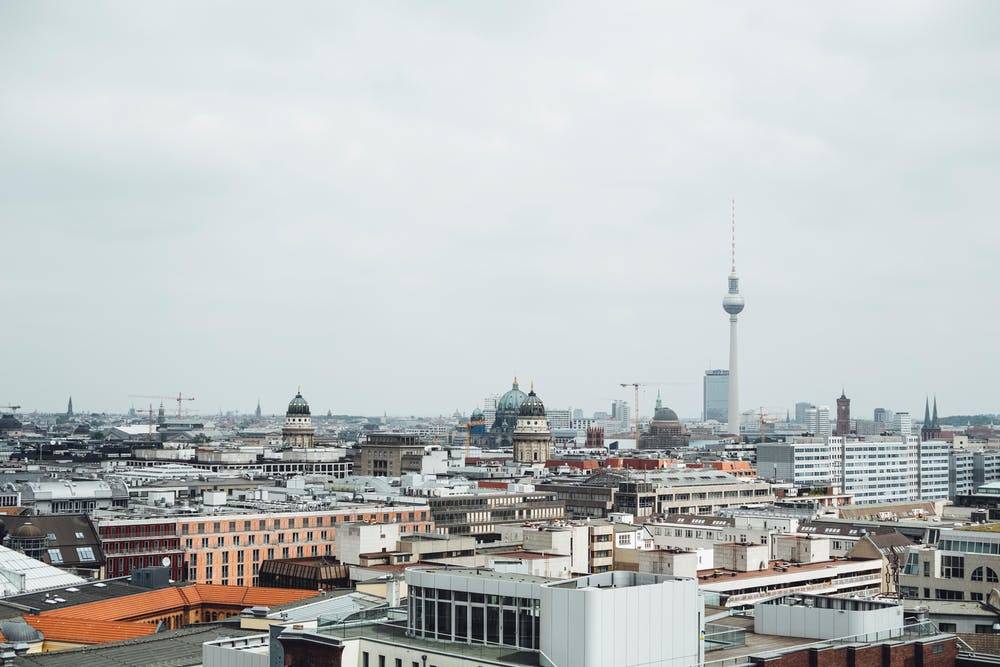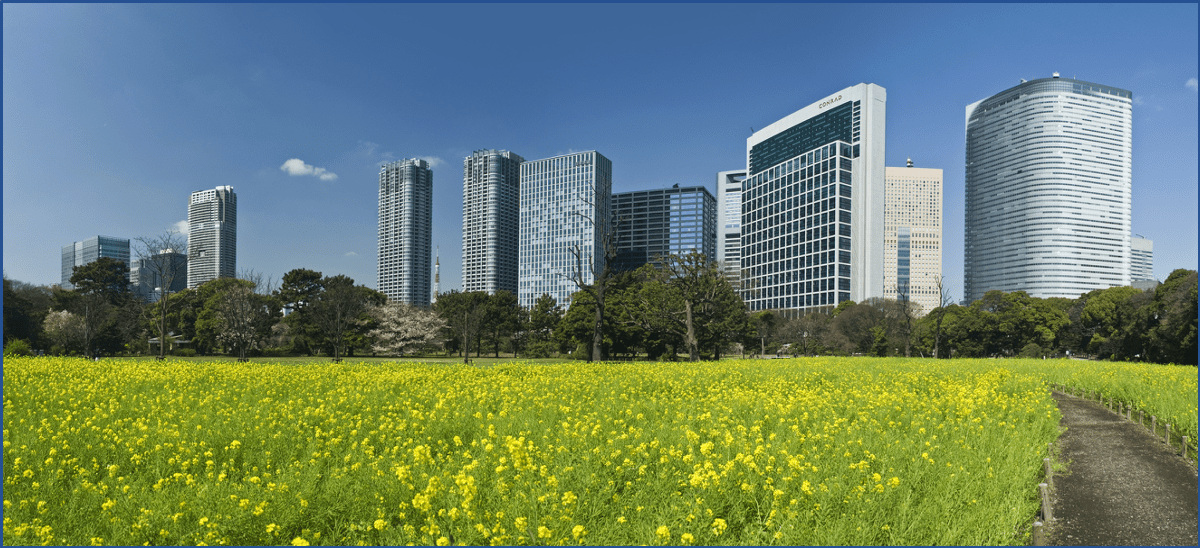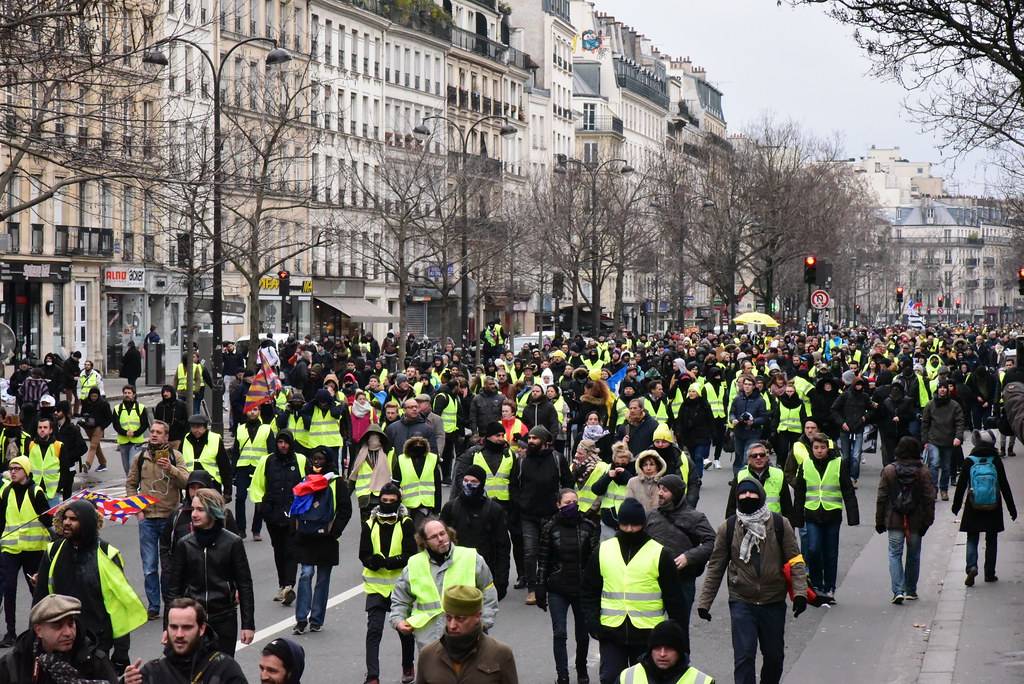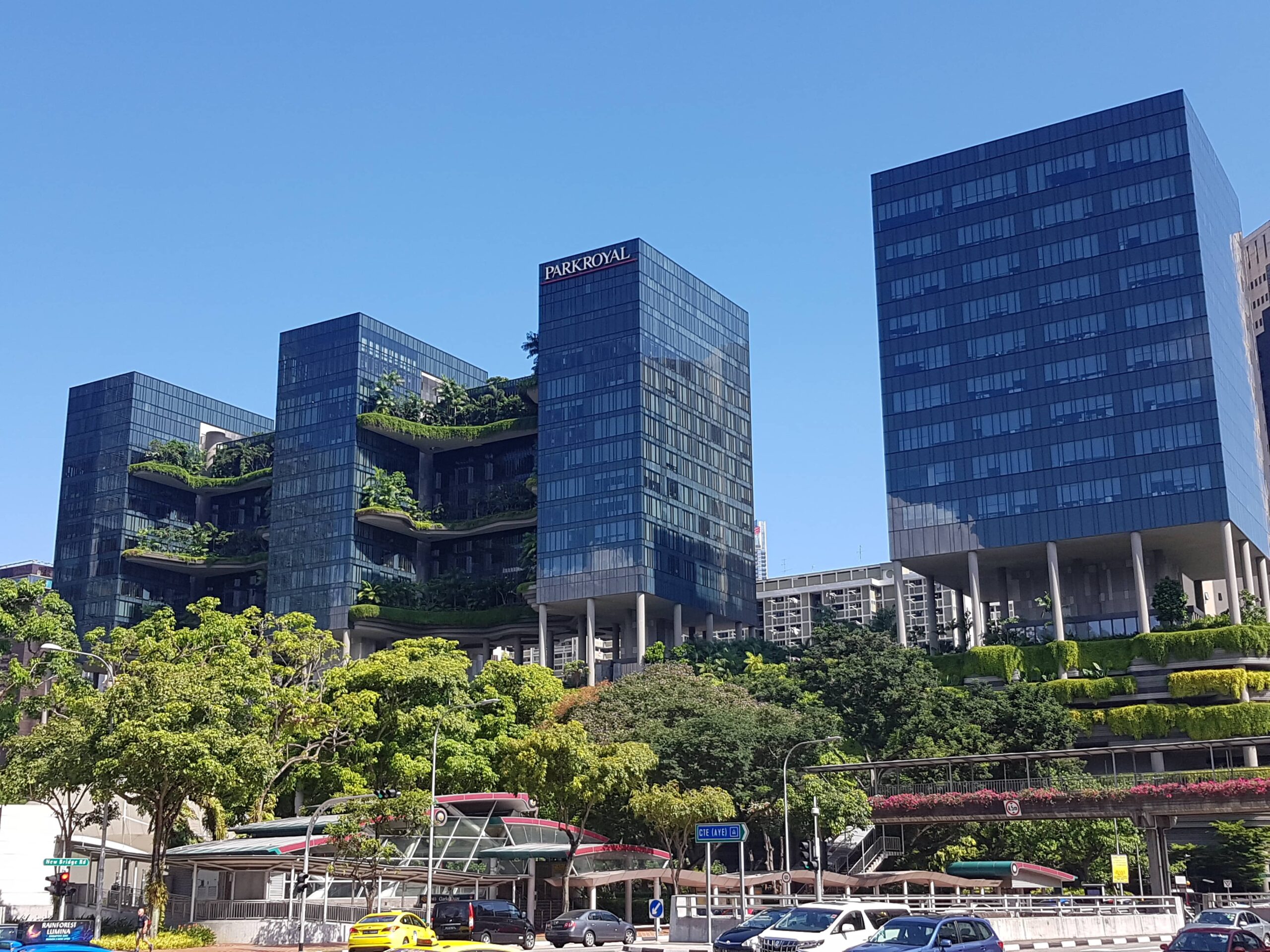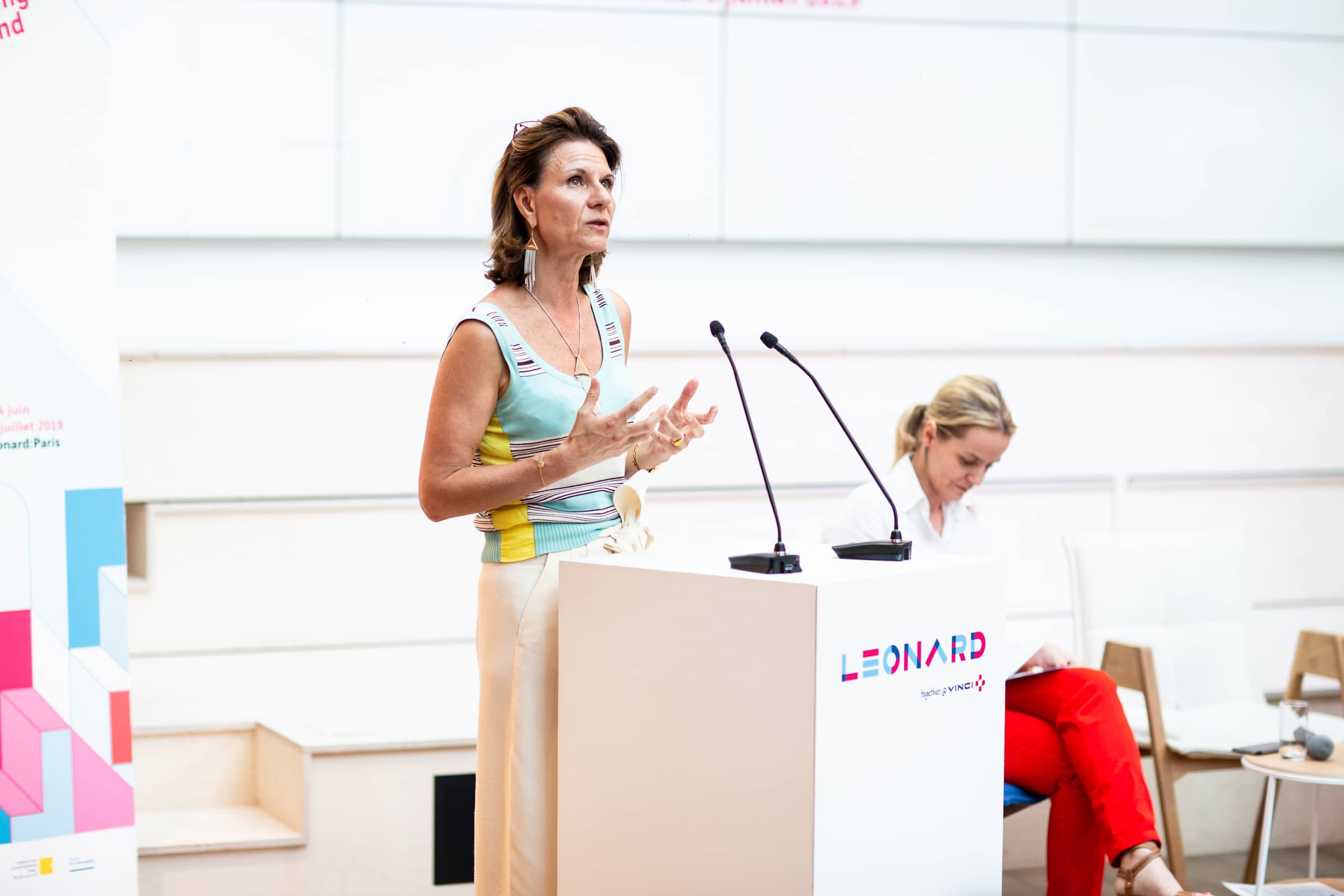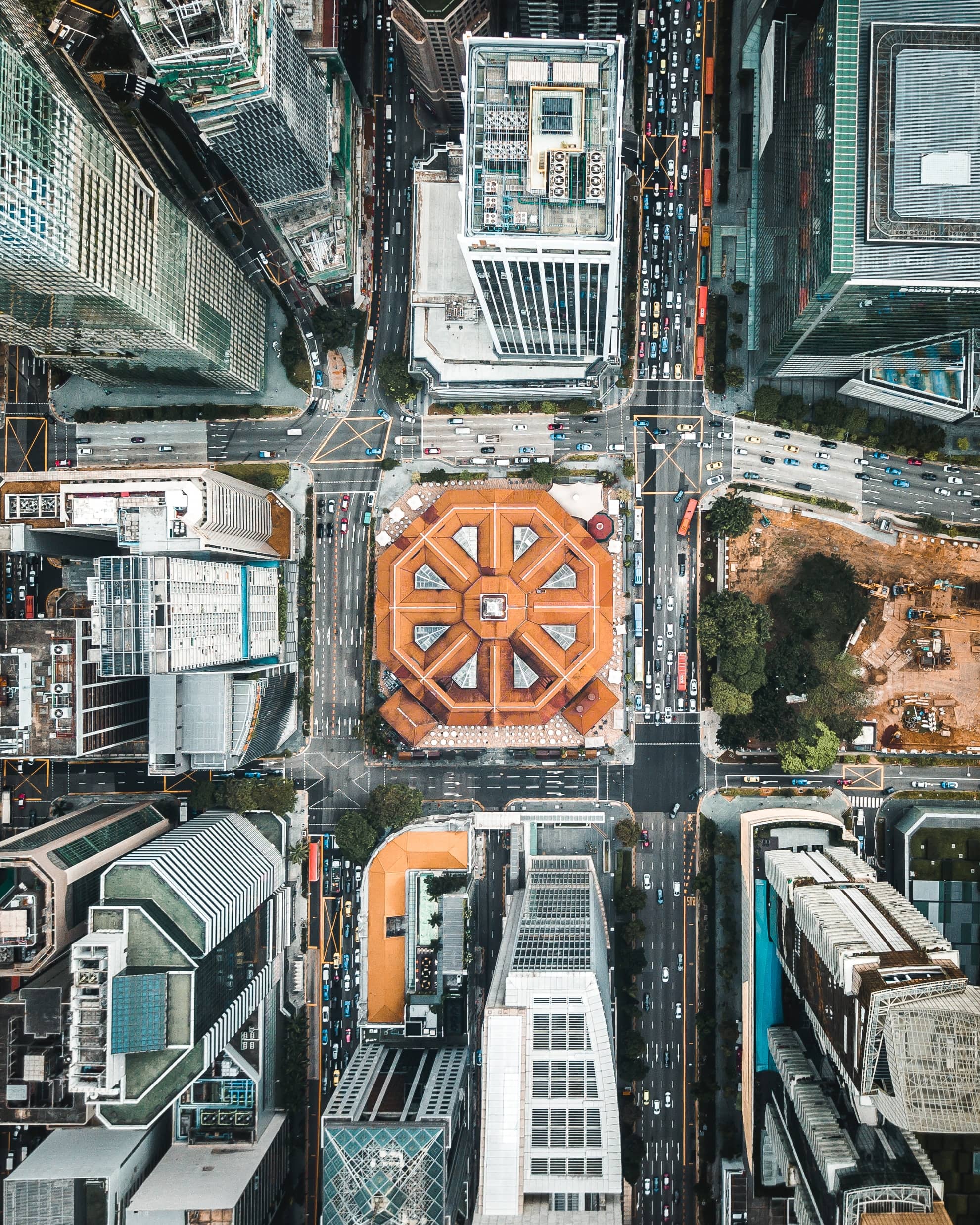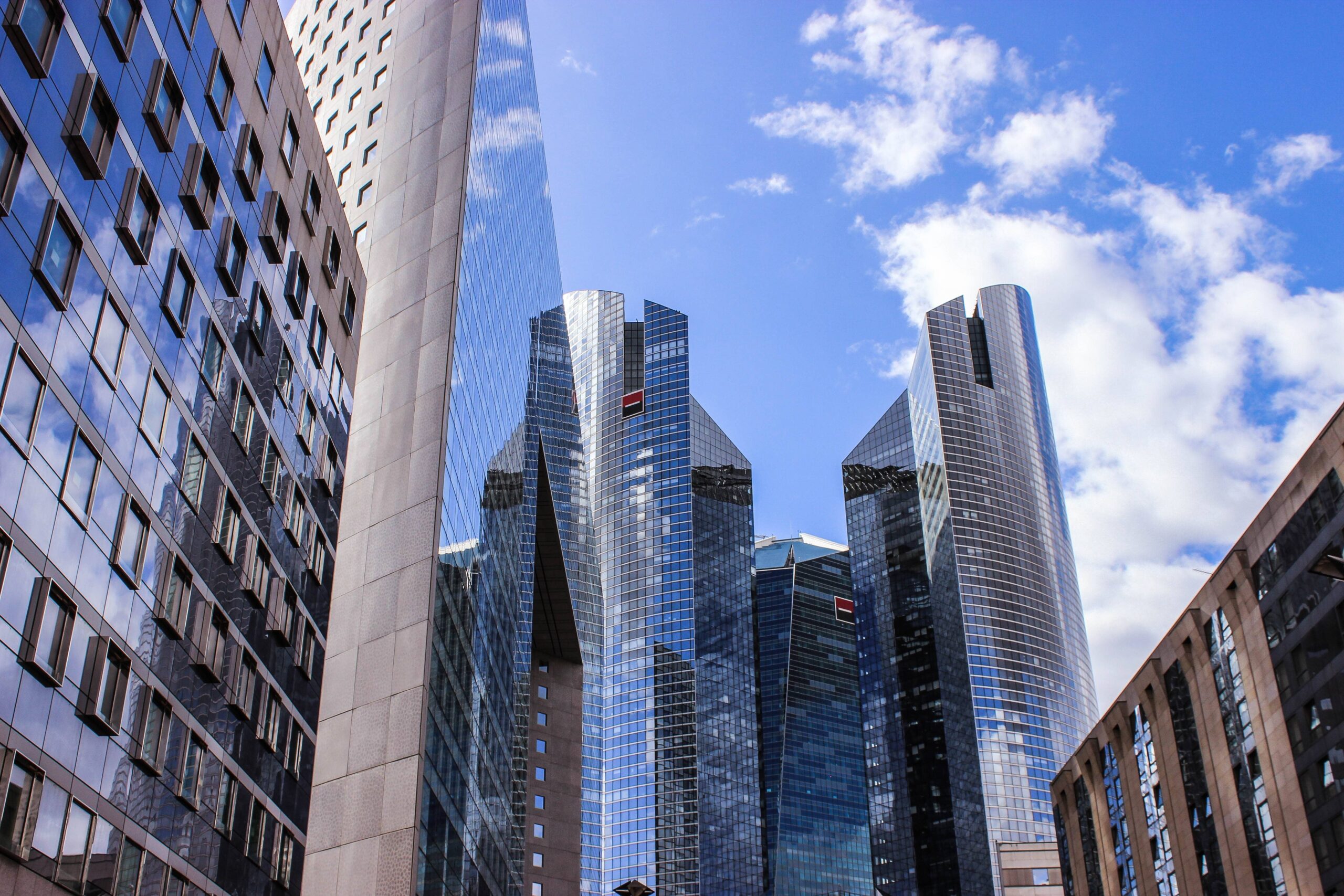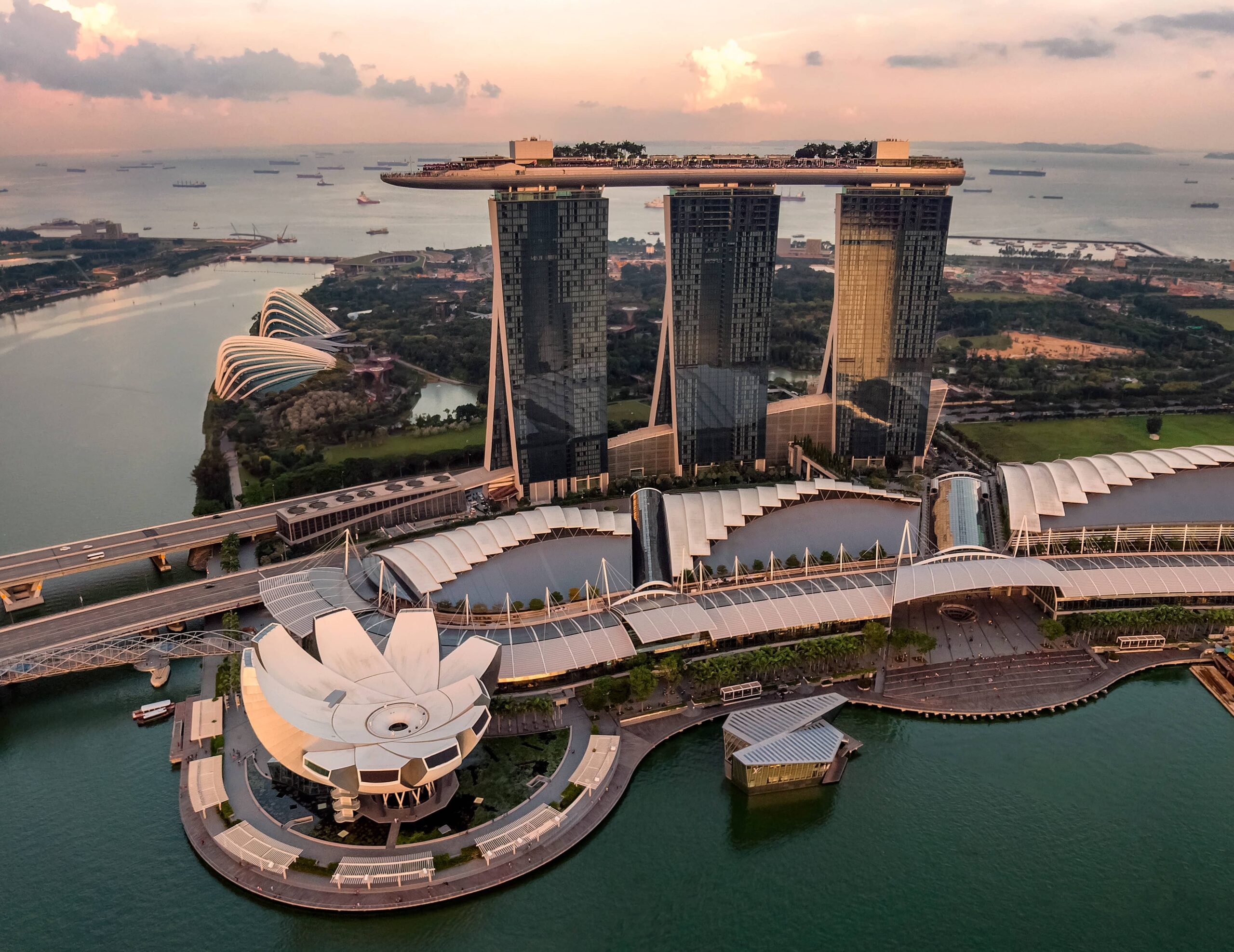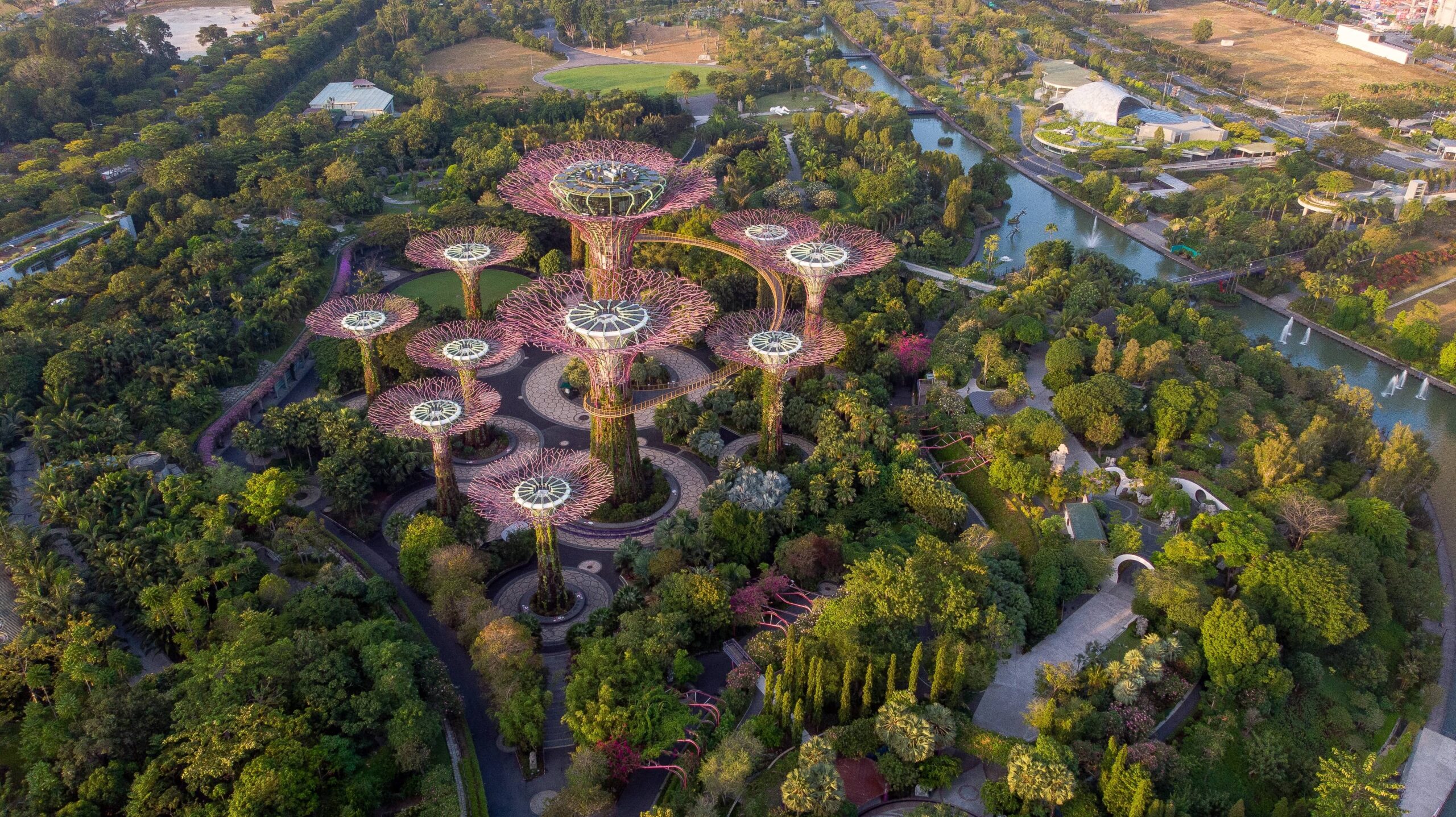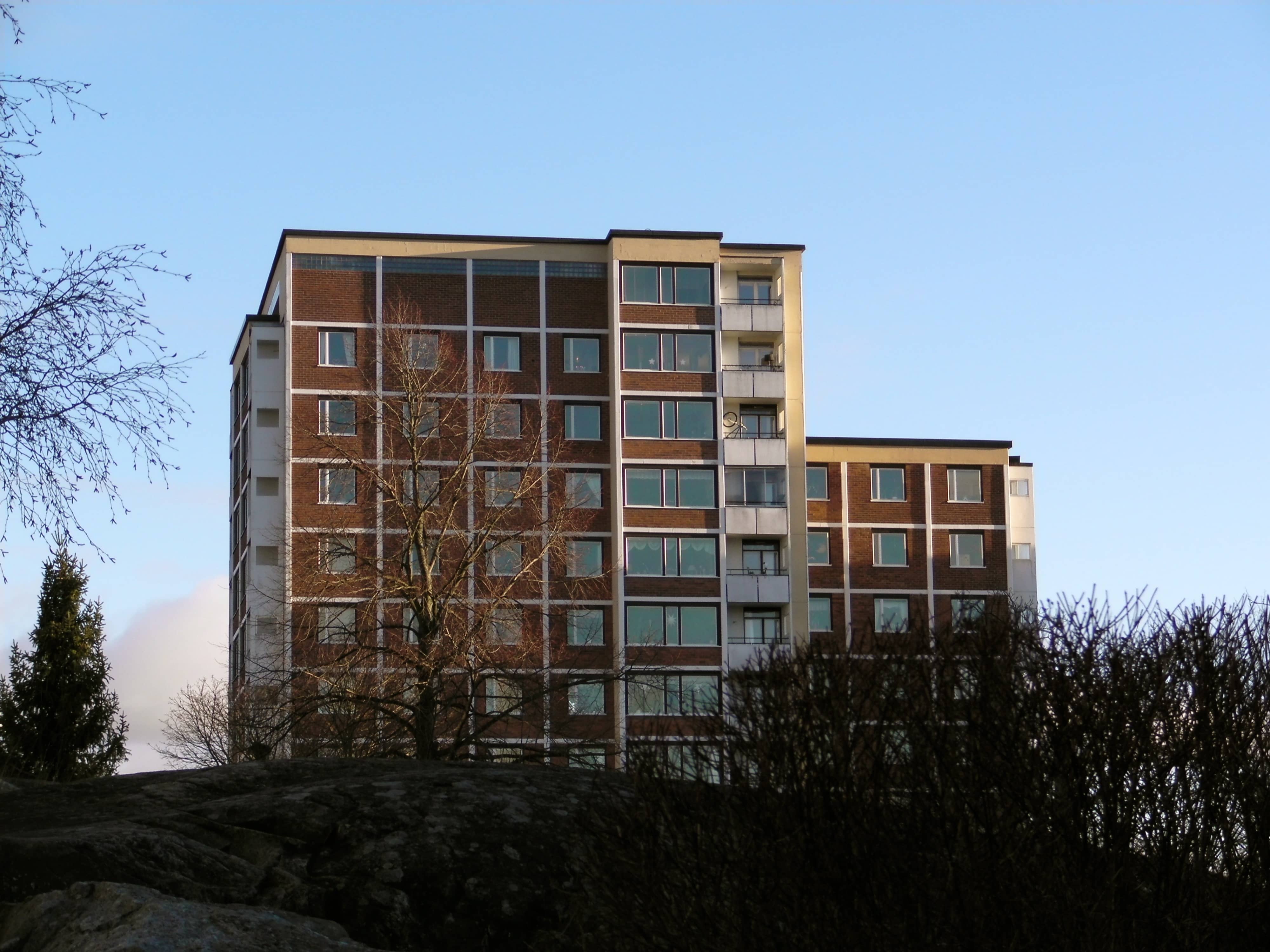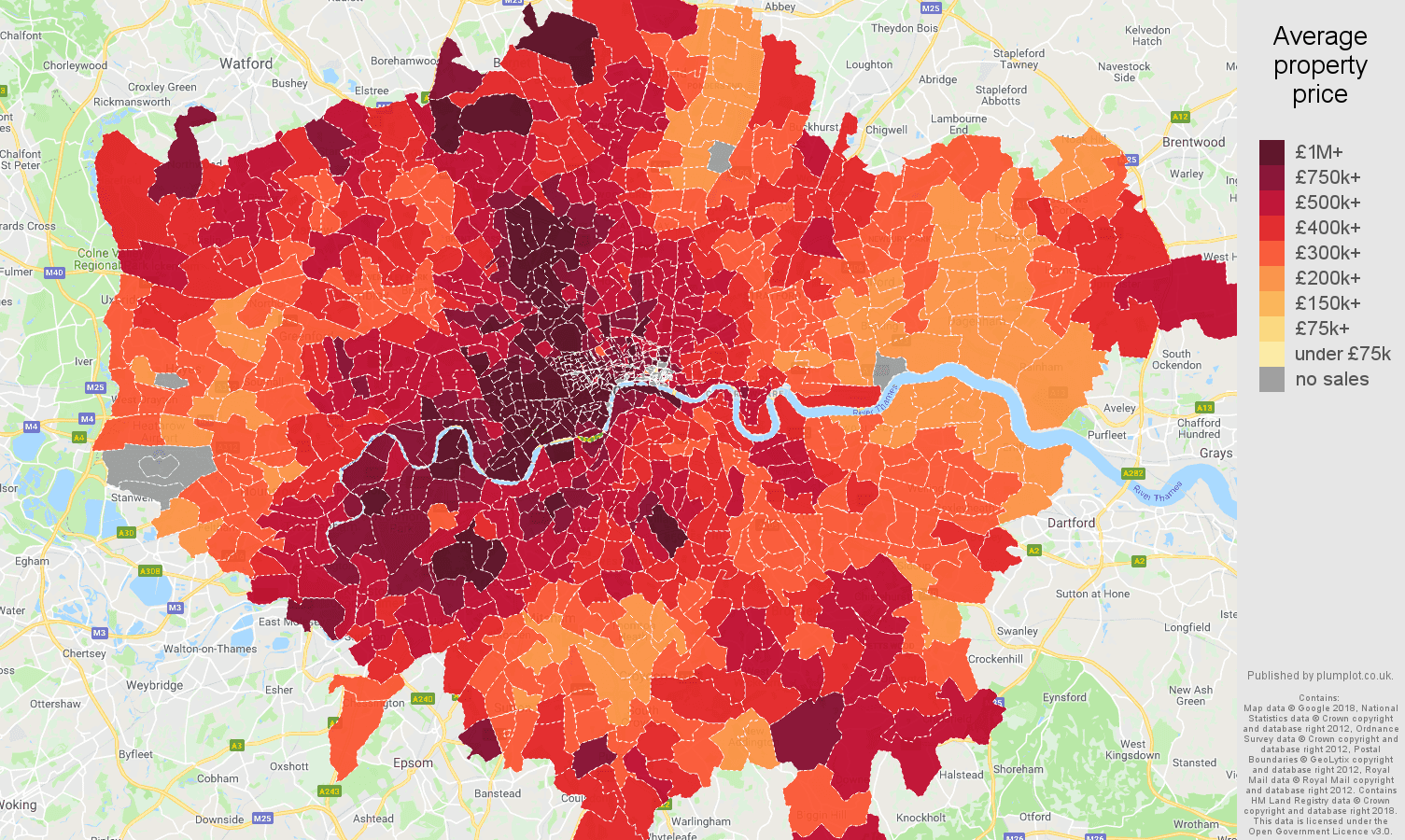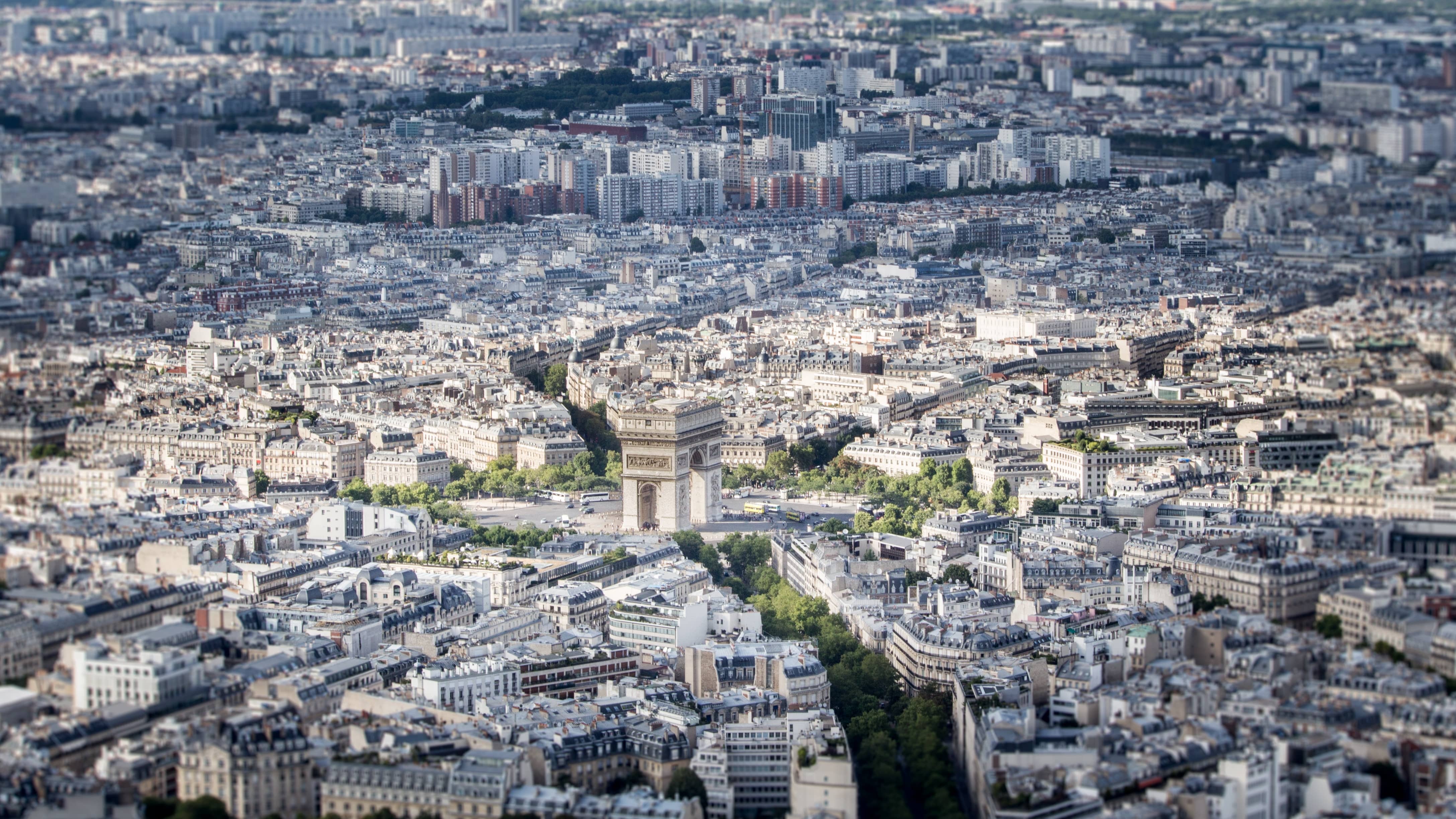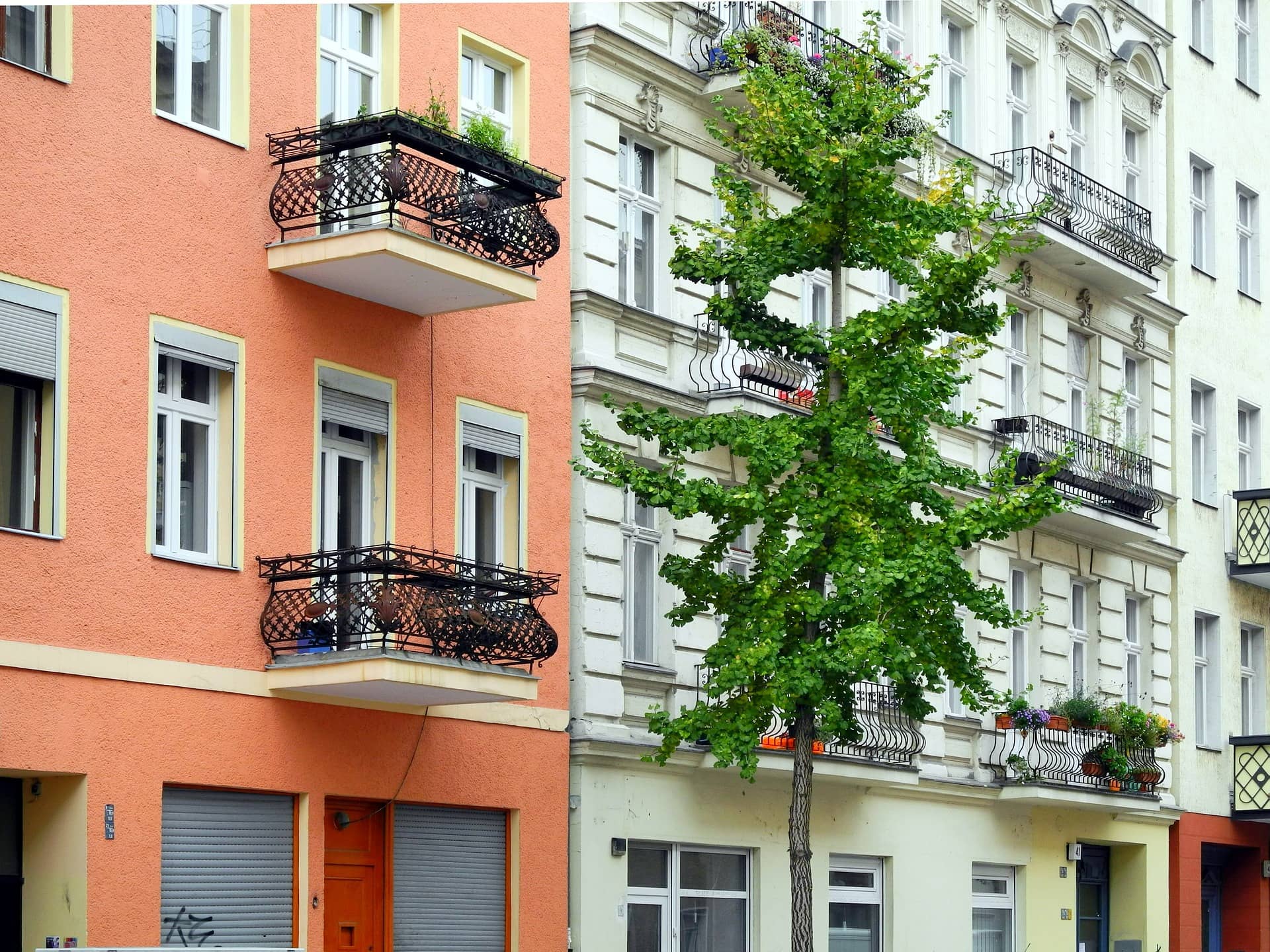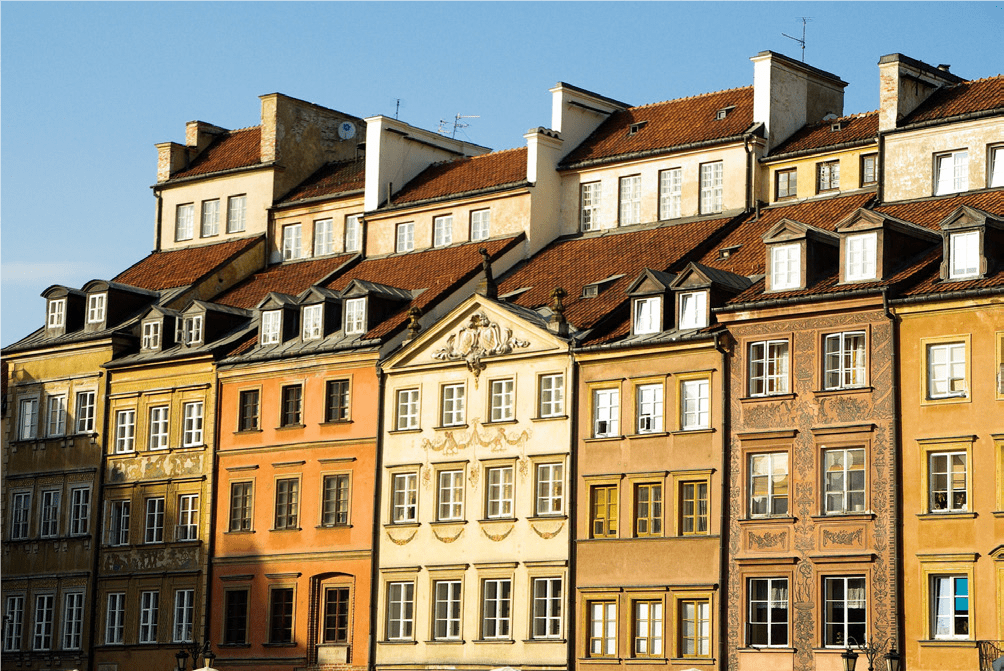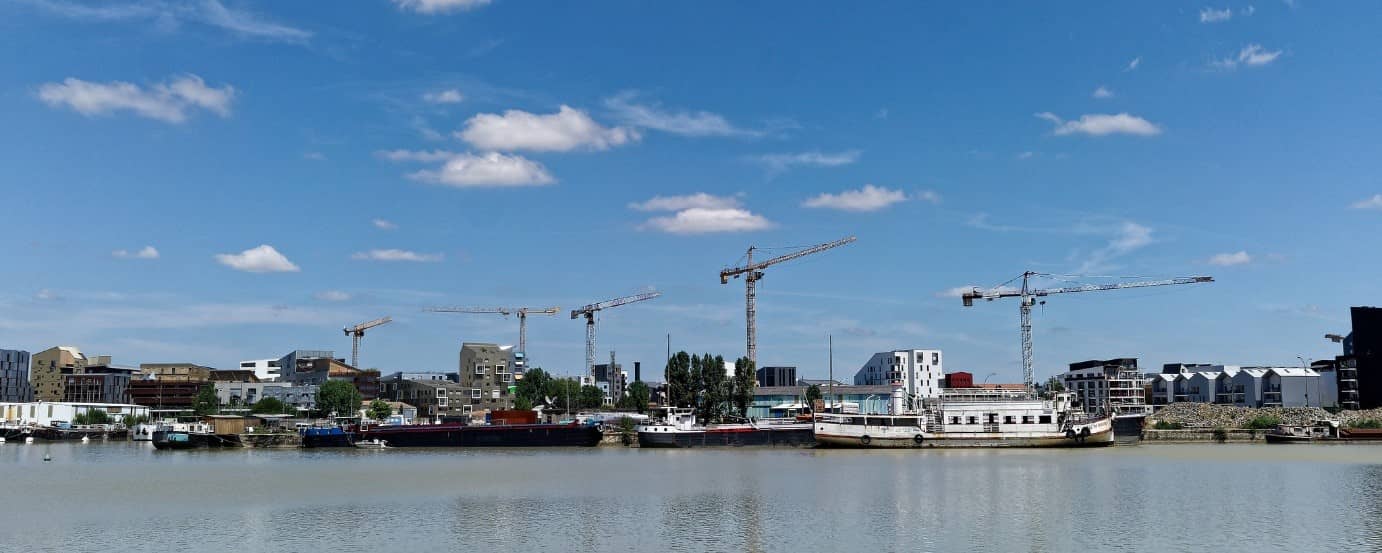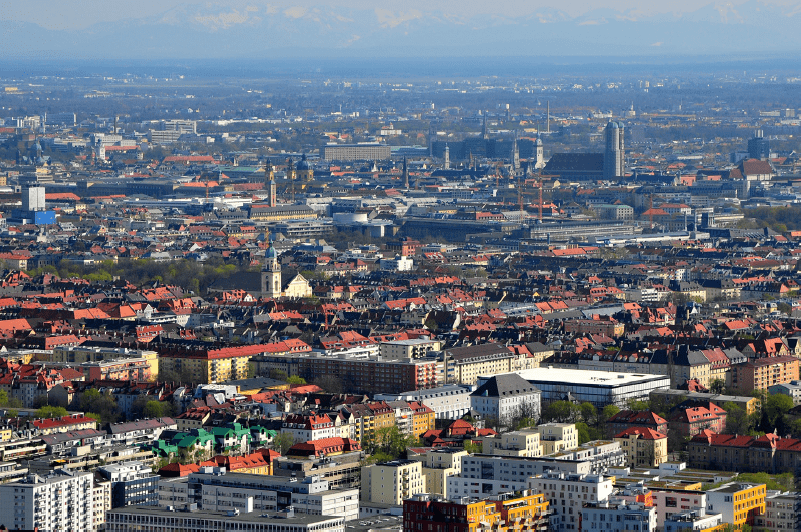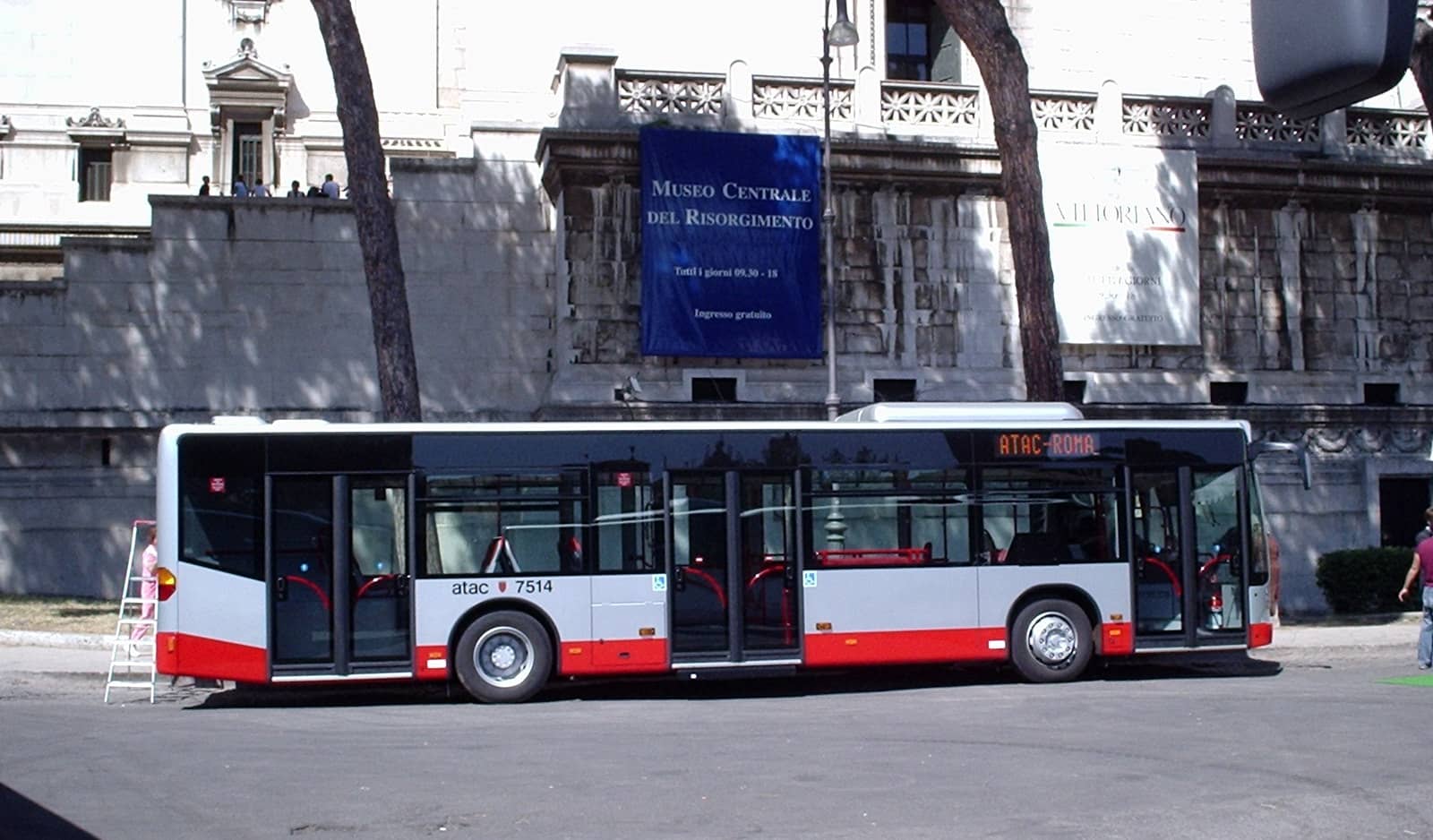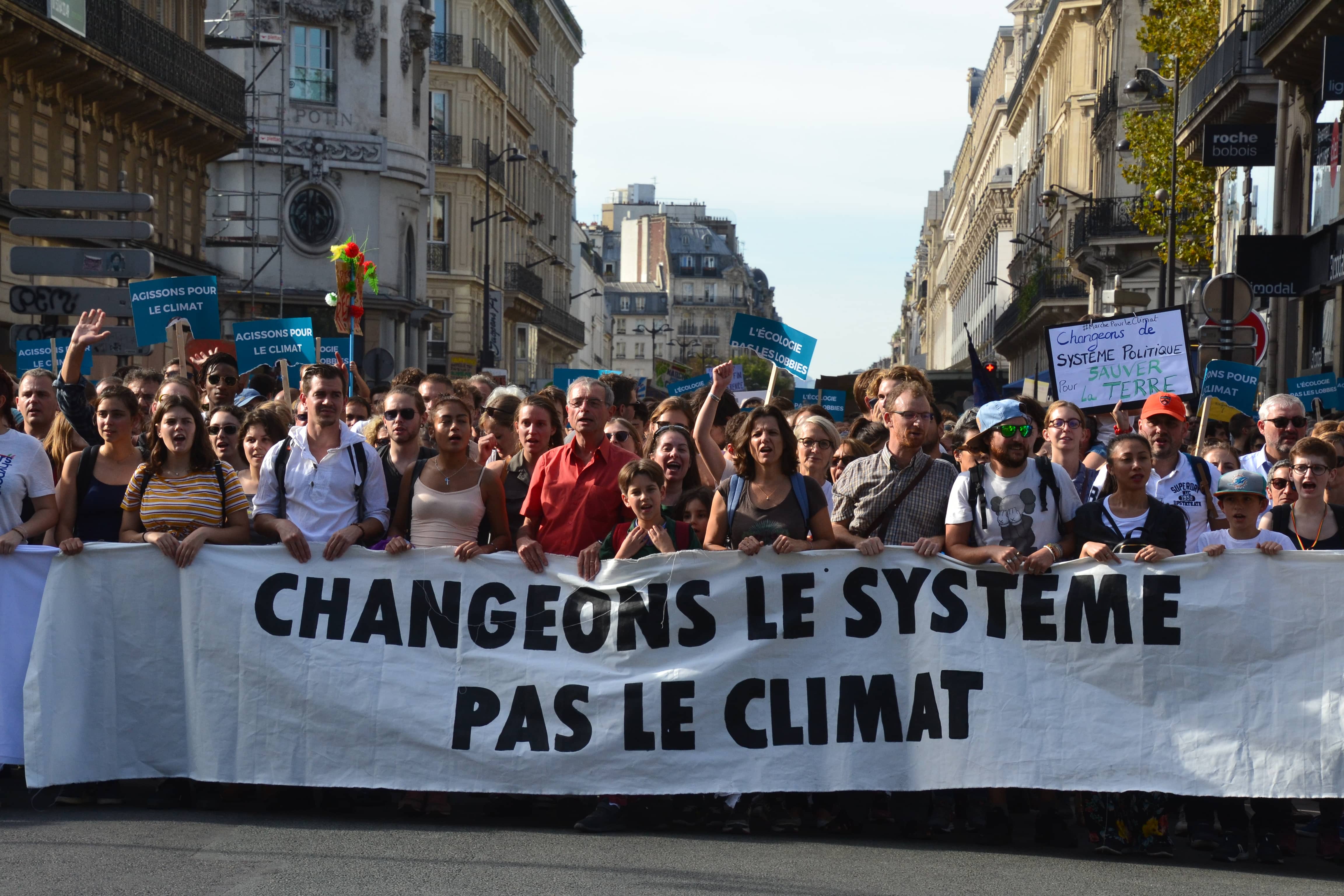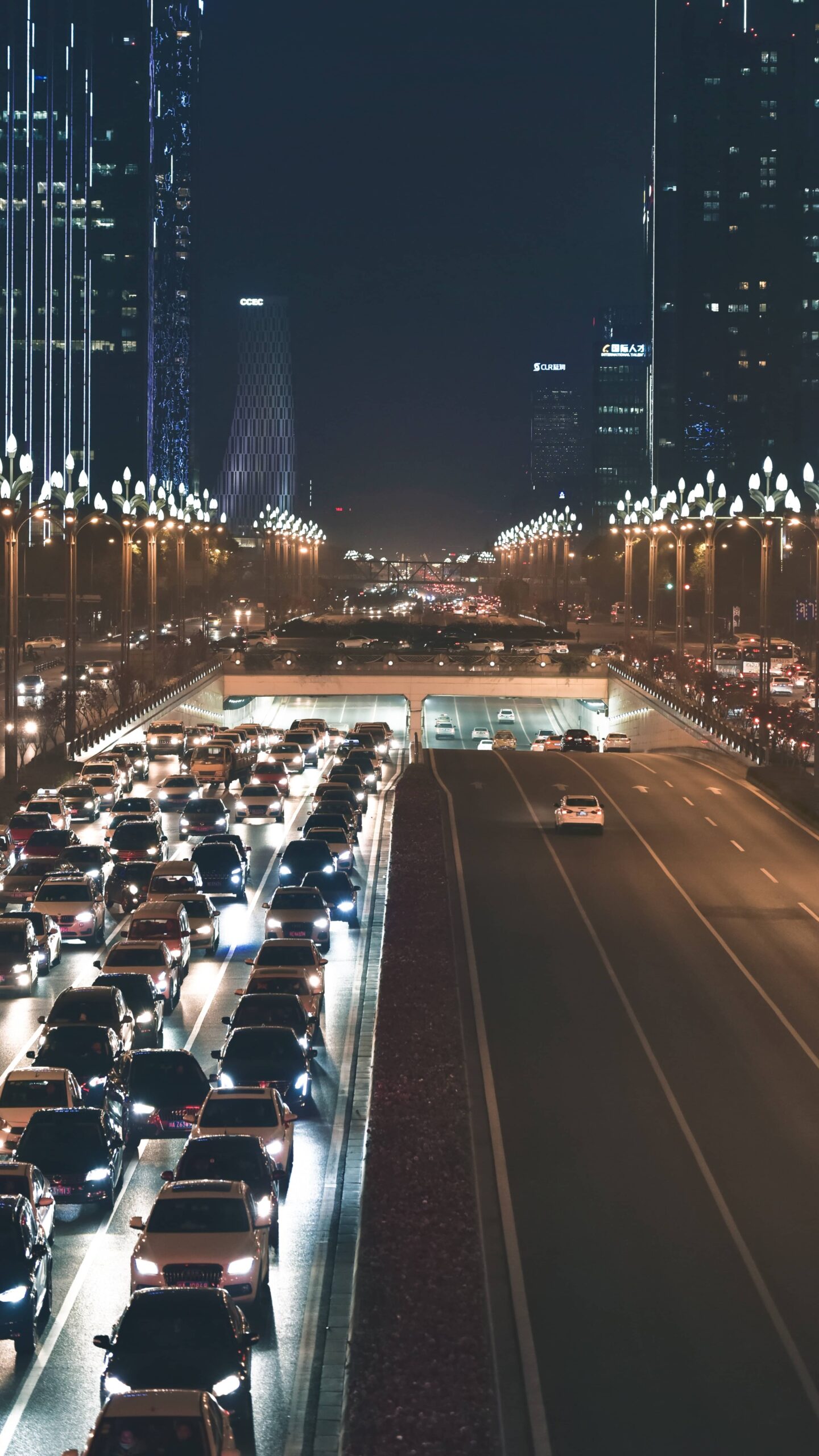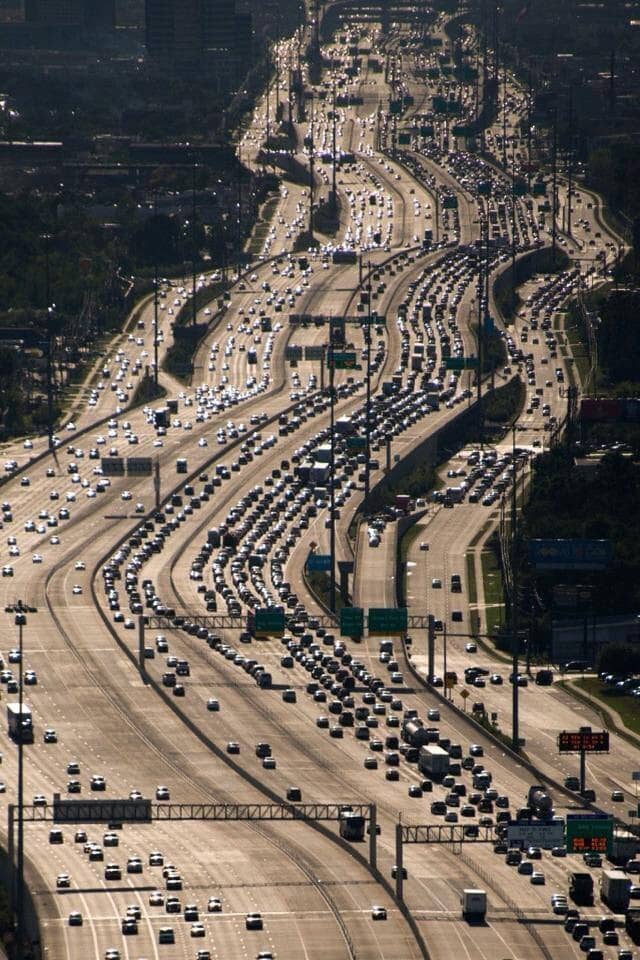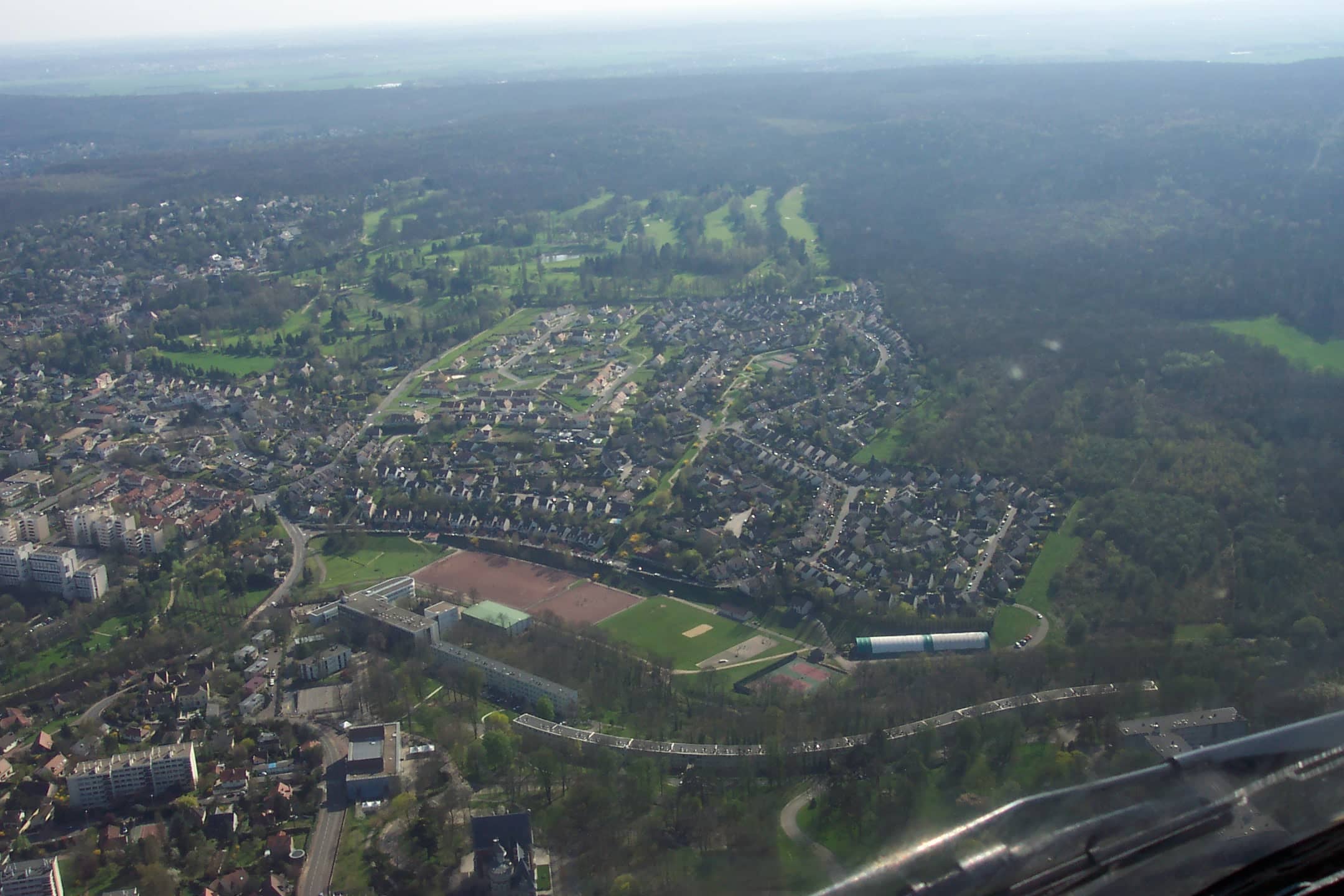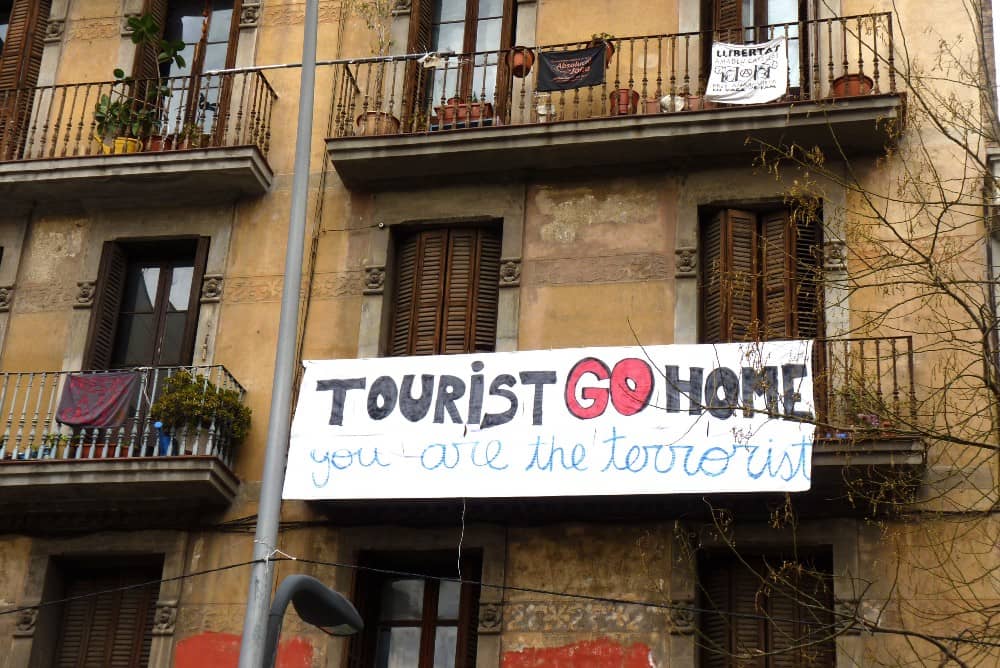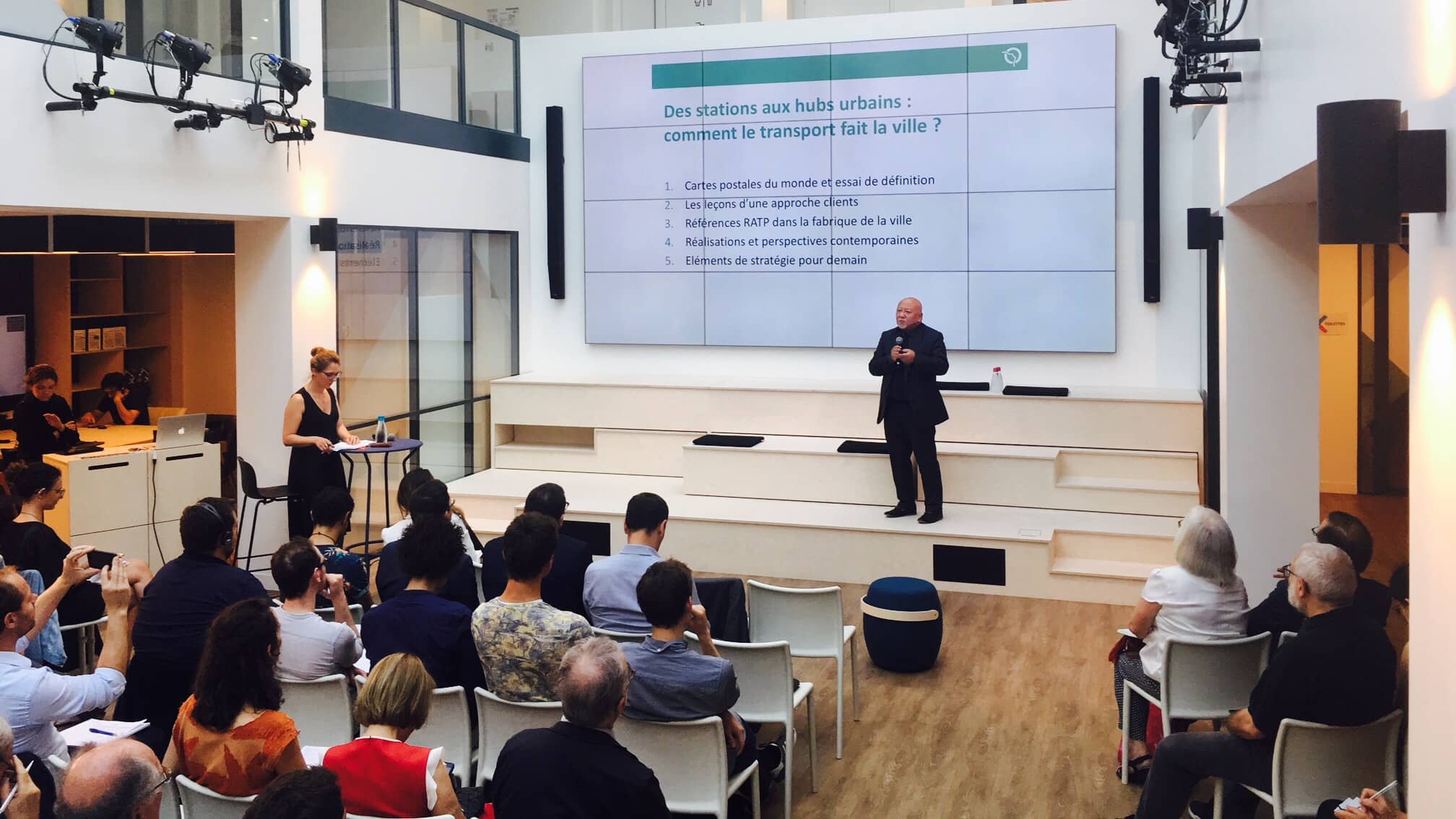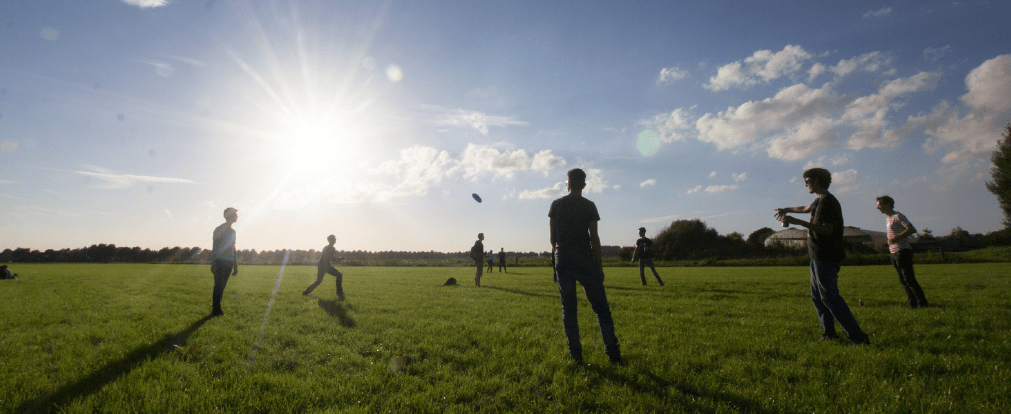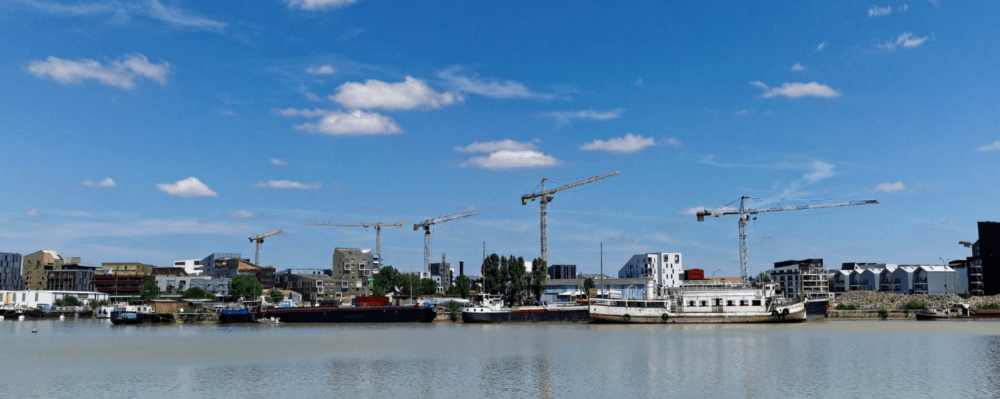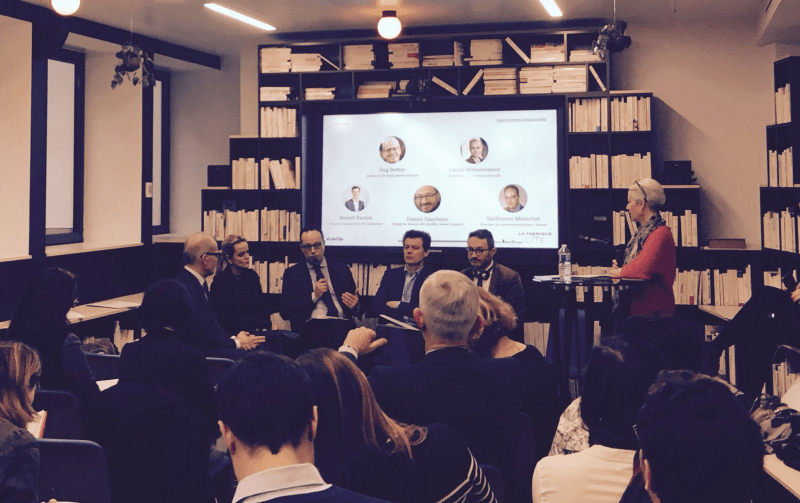

Protests against major urban and infrastructure projects: a conversation with Lucile Schmid and Giuseppe Bettoni
On 17 December 2018, La Fabrique de la Cité welcomed Lucile Schmid, Vice-President of the think tank La Fabrique écologique, and Giuseppe Bettoni, professor at the University of Rome “Tor Vergata”, for a debate entitled “Large infrastructure projects and democracy” at Leonard:Paris. With this event, La Fabrique de la Cité launched a new project which aims to study the link between major infrastructure projects and democracy. This new research project stems from the observation of a paradox: there is currently a feeling of urgency in the fight against climate change, the adverse effects of urban concentration and the growing territorial inequalities resulting from metropolisation, challenges for which the responses postulate the emergence of new infrastructure. On the other hand, tensions and deadlocks are growing with regard to these large-scale projects. What are the origins of these sticking points and which underlying tensions do they reflect?

How can the protest movements elicited by some major projects be explained? Do they first and foremost demonstrate that citizens want to have a voice?
Lucile Schmid: I would not say that these protest movements boil down to a desire to exist. I think they stem from citizens’ desire to be stakeholders in the decision-making process. Our difficulties are due to the fact that participative democracy does not work. In all the contested major projects, there have been periods of consultation and participation but citizens have felt as though what they had said was not taken into account in the final decision.
Cécile Maisonneuve (President, La Fabrique de la Cité): This need to express oneself reflects a tension between the local and global levels, which are being reversed today. At home, we are connected to Google, Facebook, Amazon, to the world. Paradoxically, when we leave home, our environment is local. We have turned our vision on what is local completely on its head. It is not our home anymore; it is outside and therefore we give it an extremely important weighting. This explains this desire to be heard, or indeed this absolute need to give an opinion on what is happening outside our homes.
Chloë Voisin-Bormuth (Director of Studies and Research, La Fabrique de la Cité): These protest movements also stem from a tension in the articulation between spatial scales, between what is directly near us, and the metropolitan scale. It is difficult to strike a balance between the two. This issue is raised for the Saint-Sauveur brownfield site in Lille: is there need for housing? Yes, but those opposing the project claim that there is abundant available housing in the metropolitan area. The municipality has responded that people want to live in Lille and not in Roubaix or Tourcoing, where the vacant housing is located. We can see here that there is a failure to articulate the two scales.
Lucile Schmid: With growing criticism from citizens with regard to representative democracy (a point that is also demonstrated by abstention), the current level of distrust can be measured, including that felt towards these projects. Today, when we see the perceptions of the proponents of state action and the population, we have the impression that there are two totally separate worlds. This may explain why citizens feel that public action is at a significant remove. In France, we are threatened by a level of conceptualisation which does not currently resonate with the population. I hope that we can draw from the major national debate more concrete elements on what general interest and public utility actually mean, as perceived by citizens. I set great store by the general interest and I believe the population feels the same way.
In addition, if the environmental challenge, for example, resonates so strongly across society, it is because citizens sometimes feel that those who knew the facts often made decisions on the basis of economic interests which were not in the general interest. To take the example of glyphosate, which resulted in a petition signed by more than one million European citizens, the fact that ministers subsequently convened and decided not to take citizens’ opinions into account was a problem. One of the factors which explain this current need for democratic discussion on a number of different issues is the feeling that those in the know, those who govern, do not always put their skills to good use.
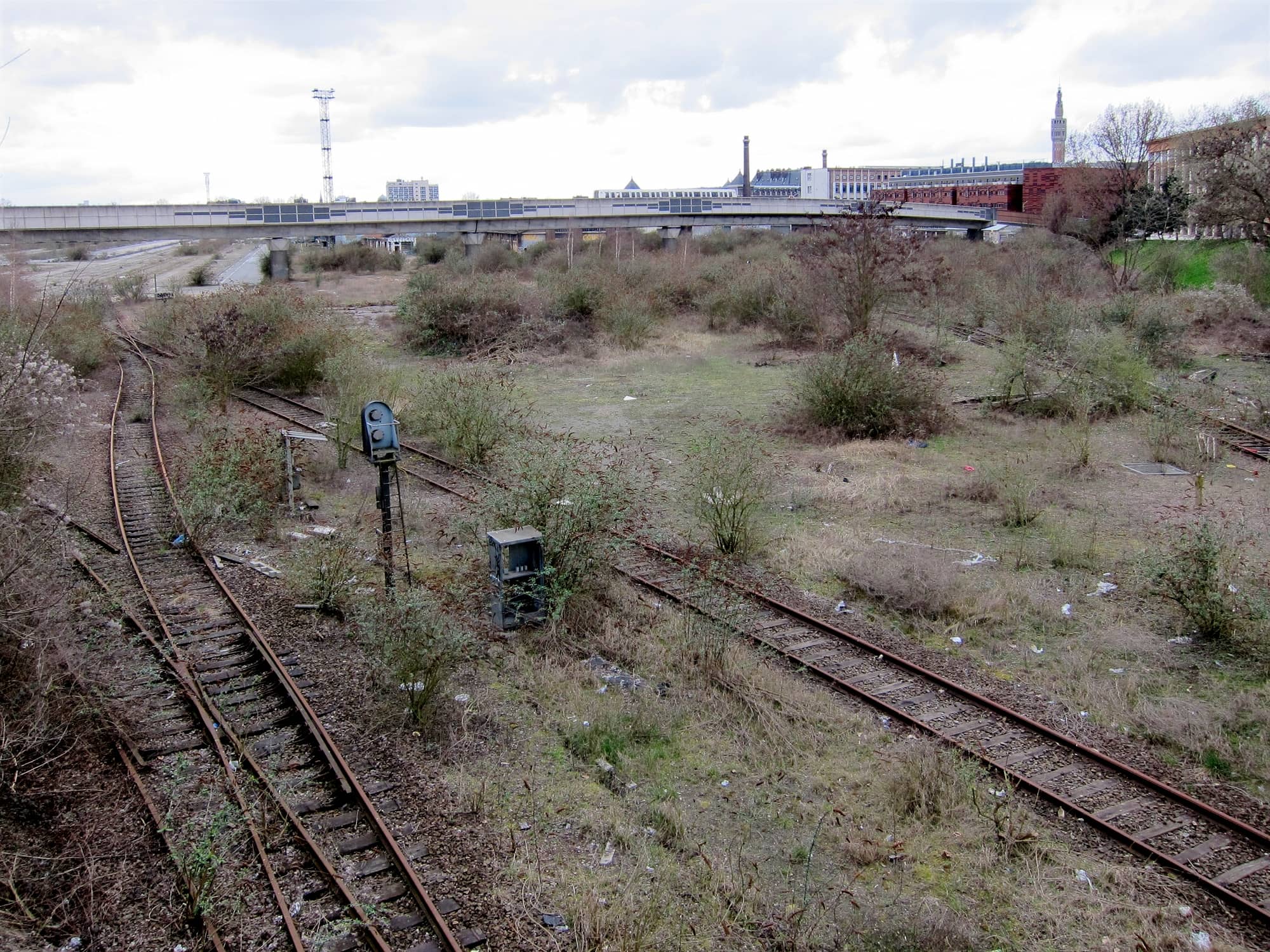
How can these tensions be defused?
Giuseppe Bettoni: I think that you need imagination to de-escalate the conflict. Take the example of Finland, where these conflicts were defused in a timely manner. Why is there less conflict there? There is no majority or opposition in Finland. There is an amazing culture of co-participation in conflict resolution, which we do not have. Elected representatives speak to citizens. They have worked on participation, on building up a collective vision which is very important. That said, defusing opposition through a collective vision does not mean “calming things down by selling dreams”, but rather by making sure that citizens feel like stakeholders in a project. How can citizens be made to feel like their voices are heard and not merely as a phase in a process?
Cécile Maisonneuve: First of all, we see that many contested projects are located in areas which did not exist before as areas, but were brownland sites that were no longer even visible (the Saint-Sauveur site, etc.). These places did not exist as urban sites, and all of a sudden someone says “we are going to make a project there” and this triggers all sorts of reactions, including opposition. Residents think, “well it turns out there was something here, I could use it without being aware of it and suddenly a new use is going to be imposed on me”. This trigger is often underestimated and maybe we could work more on the conceptions that people have of these sites.
Secondly, projects such as the “Réinventons” initiatives are attempts to find a new way forward. Public authorities pass the buck, saying “Private stakeholders, here is the playing field. Your objective is to innovate”. Yet innovation does not make projects acceptable. What is happening in some Grand Paris projects is due to the fact that the project may well be innovative from a professional standpoint but once again residents have not been included. This is a problem. There is great fear as to the future. Yet today is it not more credible to express doubt in one’s project rather than saying “I know what to do”? I was amazed when I read the explanatory statement of the PACTE legislative proposal, in which a company must go beyond strict compliance with laws and regulations, consider its reason for being to move towards a “productive existential doubt”. It is unbelievable to read that in an explanatory statement of a draft item of legislation which claims to govern a company’s corporate purpose. Is there scope to share our doubts, because we all have them, whether we are public decision-makers or major companies? Maybe in this PACTE law there will also be other ways of conceiving projects.
Chloë Voisin-Bormuth: It is no longer possible today to dispense with the importance of collective vision. One interesting example is of the Mayor of Bayonne, Jean-René Etchegaray, who, having decided to innovate when drafting the new intermunicipal urban plan (PLUi), held district meetings with the urban planning agency. To avoid these meetings becoming a forum for the usual grumbles (cleanliness, unsocial behaviour, etc.), they were dedicated solely to working on conceptions to create “district portraits”. Everyone was pleasantly surprised when more than 200 people took part, from a more diverse range of backgrounds than those who usually attend public meetings. This new way of addressing urban development without making it a technical discussion between technicians works very well and the Mayor was able to observe the effectiveness of the process when conducting the development project.
Lucile Schmid: More than co-creation, the real challenge is co-production. It is easy to dream of an idea but implementing it may be a major struggle, it takes time and is a thankless task. Procedures seem to be insuperable obstacles and excuses for those who are not in the system. How can we transform this system which includes idealists who will not carry out their project and others, deemed cynical, because they conduct their project while they may also be idealists? How can a shared vision be implemented, followed by common production?
“You need imagination to de-escalate the conflict.”
We are currently facing a geography of flows which includes flows of finances, information, products and people which are, however, often absent from the debate. How can we understand both this highly local spatial democracy and this geography of flows?
Cécile Maisonneuve: The globalised nature of these protest movements and the financial capitalism that has developed are two sides of the same coin. The response to the free movement of capital for projects, which are sometimes backed by anonymous capital, is a highly fluid flow which takes advantage of this freedom of movement. We must start to think about the financial aspect of these projects which are rooted in local areas. In France and Germany, the savings ratio is very high, which most likely reflects a degree of fear. With these major projects, should we not consider leveraging these savings, making investors of the citizens that are the future users of these projects? If we take the example of the energy transition in Germany, if German households accepted to carry the burden of a sharp rise in electricity prices, it is because they were made into investors in local energy sources in their local areas.
Lucile Schmid: There is clearly a tension between the virtual and the physical. As regards finance, virtual money and real money is an issue. In terms of the environment, it is either too expensive, or there isn’t any money. The financial flows go to some destinations, to some sectors, and are considered as additions. Today, the issue is the substitution of a certain way of considering priorities, sectors and the time scale. This substitution exercise shows that capitalism must absolutely be reviewed for the ecological transformation, which also means avoiding primary anti-capitalism. If we want to transform the world, the economy, societies and our cities, we must raise the issue of resource allocation. As regards the issue of money that remains virtual when it is discussed in Katowice and the reality, what do we do? How can we make money real when we have new priorities?
These other publications may also be of interest to you:
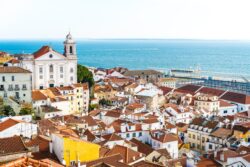
Lisbon beyond the Tagus
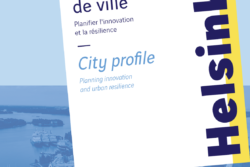
Helsinki : Planning innovation and urban resilience

Forget 5th Avenue
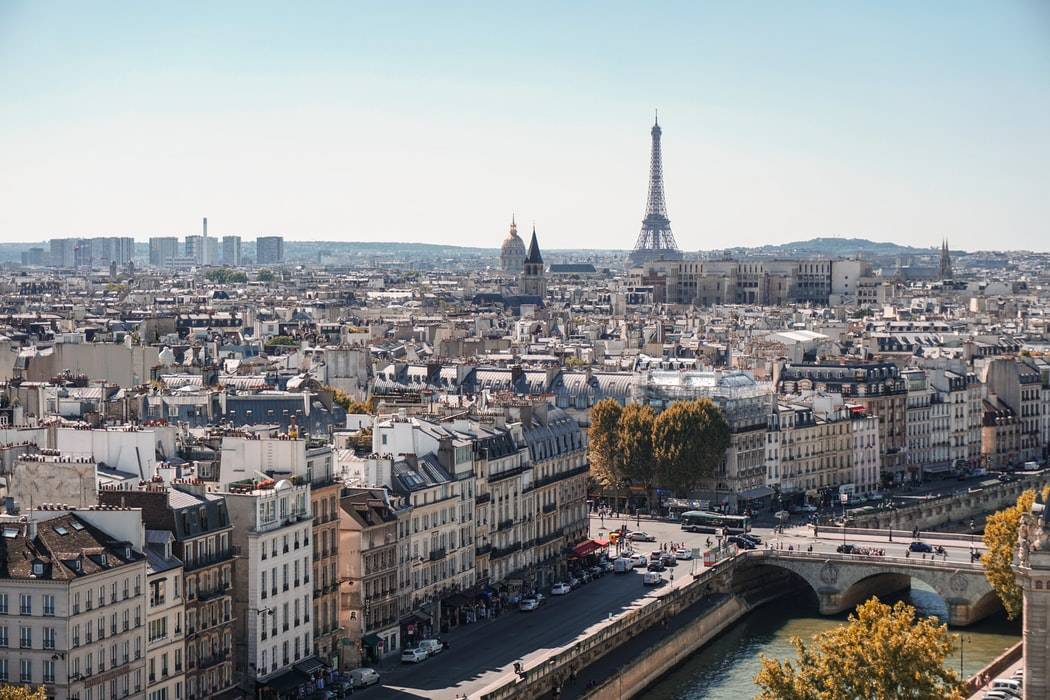
Long live urban density!

Toronto: How far can the city go?

Inventing the future of urban highways
“Dig, baby, dig”
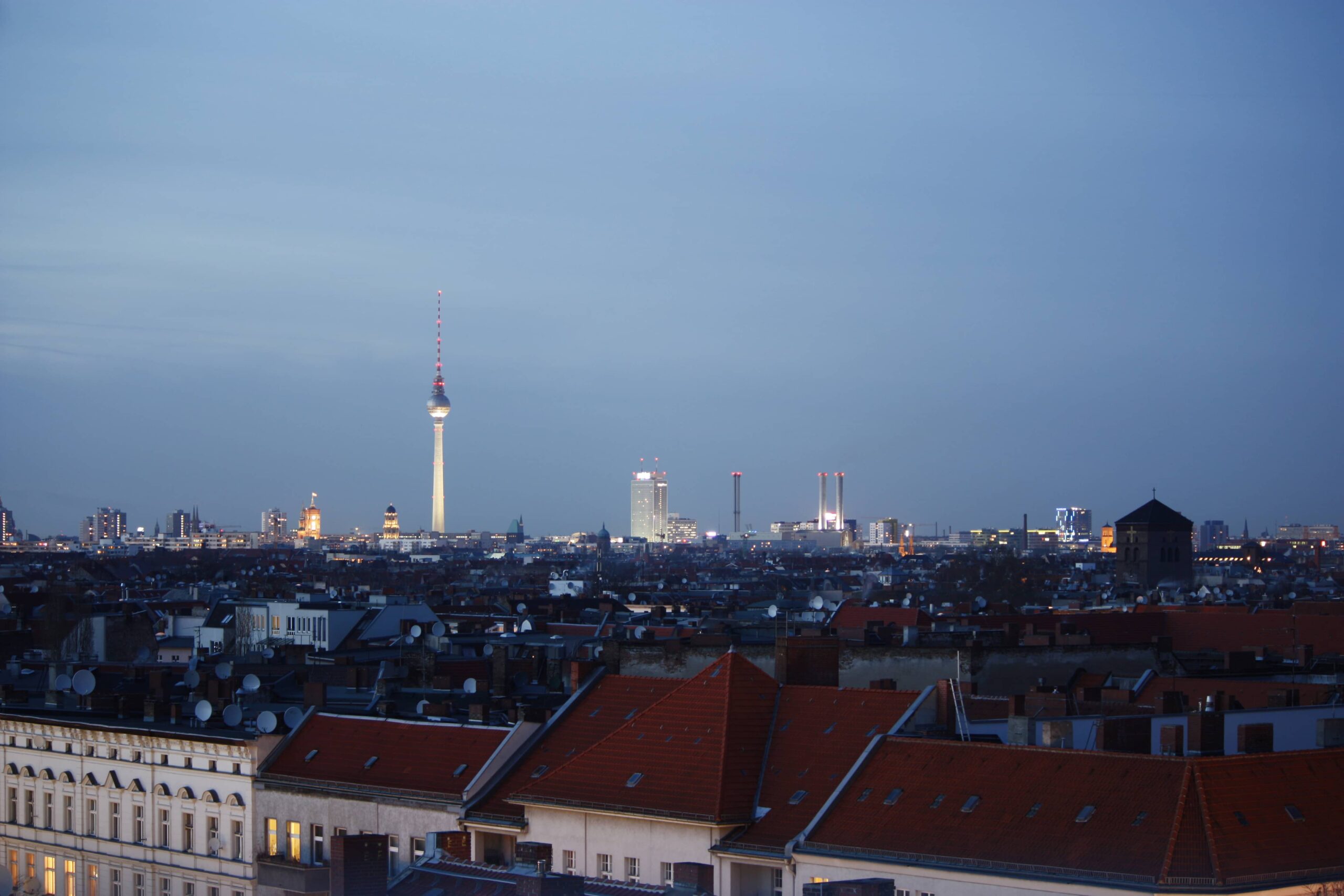
German metropolises and the affordable housing crisis
La Fabrique de la Cité
La Fabrique de la Cité is a think tank dedicated to urban foresight, created by the VINCI group, its sponsor, in 2010. La Fabrique de la Cité acts as a forum where urban stakeholders, whether French or international, collaborate to bring forth new ways of building and rebuilding cities.














